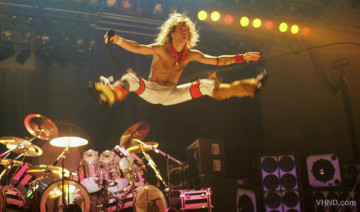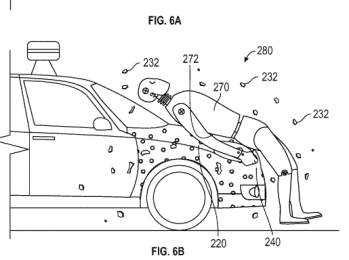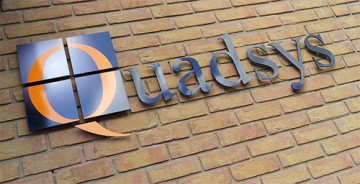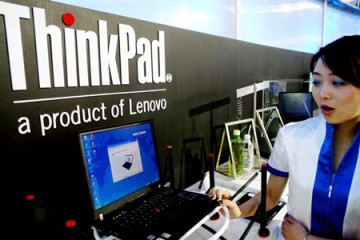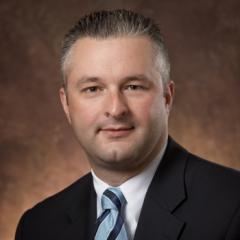 Ingram’s UK boss Brent McCarty has been recalled to the US to lead distributor’s global sales efforts.
Ingram’s UK boss Brent McCarty has been recalled to the US to lead distributor’s global sales efforts.
Ingram Micro ANZ managing director Matt Sanderson will head up its UK division from July. Apparently McCarty, who was Ingram’s satrap for the UK and Ireland kingdoms, is being transitioned into a global sales role.
Sanderson was Ingram Micro UK’s managing director between 2009 until 2012, when he became vice president and MD in Australia and New Zealand. He headed to Sydney to take the job and now he is back.
McCarty has been in charge since January 2013. During his time he has integrated the mobility division in to the wider company. He also shuttered the Verwood office and oversaw several acquisitions. The recently announced takeover of Comms-care was one of his.
EVP and global group president Gerhard Schulz said: “We congratulate both Matt and Brent in their new roles and look forward to the continued development of Ingram Micro UK under Matt’s leadership.
“We cannot thank Brent enough for his commitment and believe his prior experience has fully prepared him to head up our global sales initiative.”


